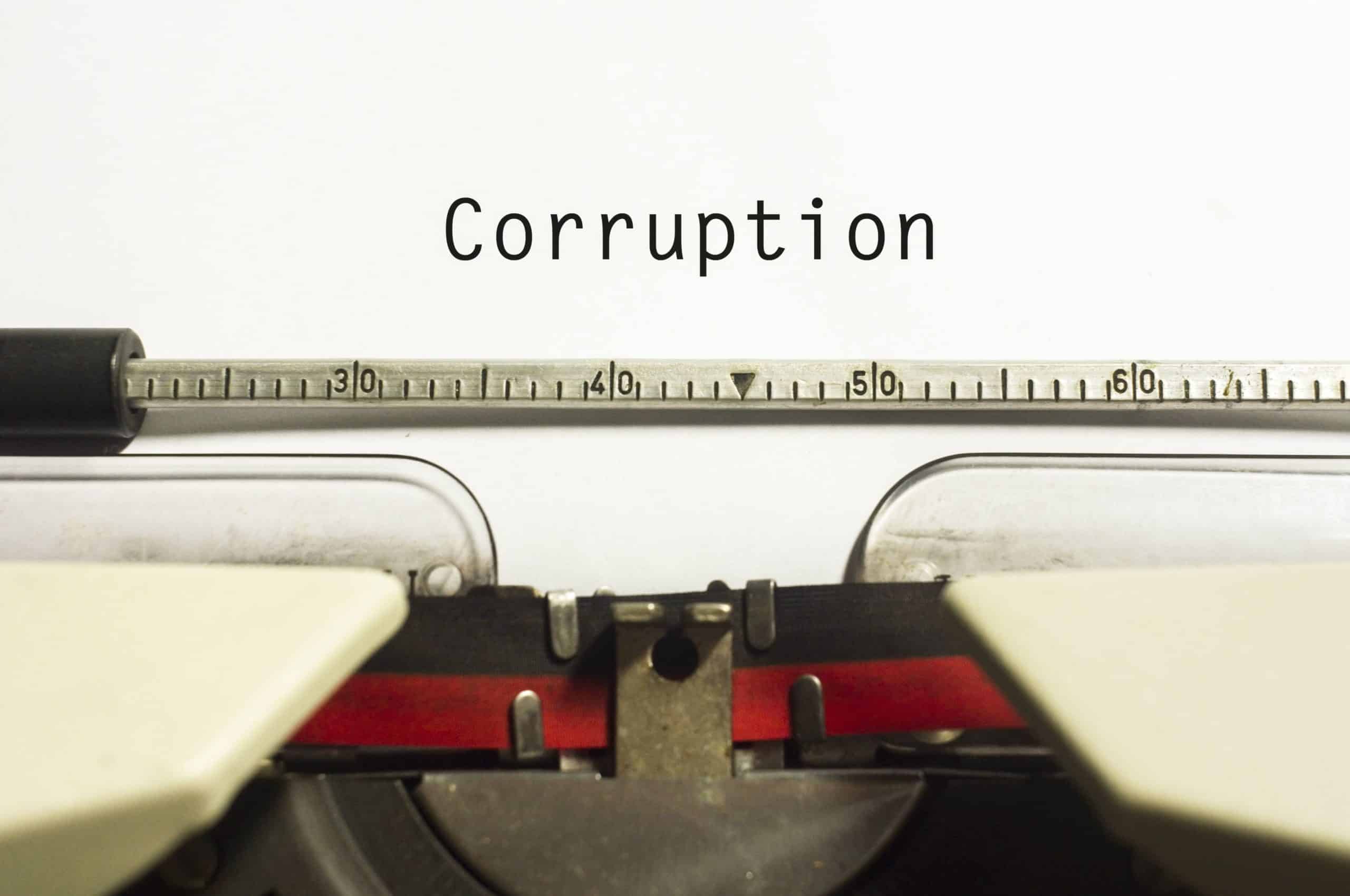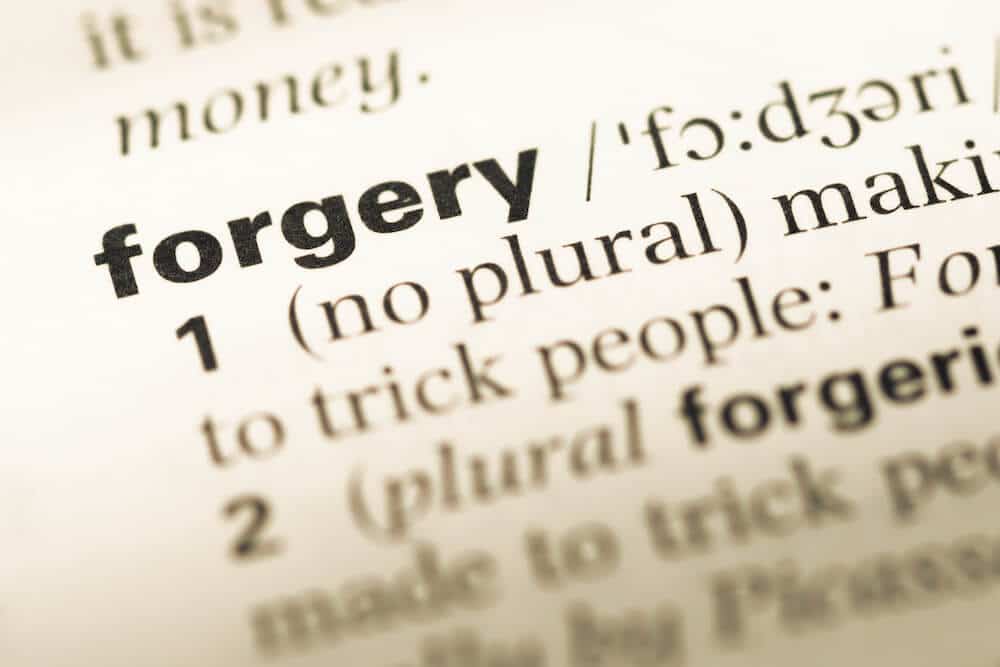- Home
- THE FIRM+
- Criminal Defense+
- CASE RESULTS
- AREAS WE SERVE+
- FAQ’s
- Blog
- Contact
AZHARI LLC BLOG
Jul. 12 2017
Understanding RICO Charges in Illinois

Posted By: Sami Azhari
Category:
If you’ve seen any movie or TV show that features the mafia (such as The Sopranos) or some sort of street gang (like the motorcycle club in Sons of Anarchy) then you’ve probably heard the term RICO before.
Outside of fictional films and television, though, RICO still comes up. You might have heard the term in news stories about the Hells Angels, the Key West and Los Angeles police departments, Major League Baseball, the Gambino and Lucchese crime families, the Latin Kings, and FIFA, to name a few.
Just because you’ve heard the term bandied about, though, doesn’t mean that you really understand what RICO is and how it works – something that is incredibly important if you find yourself indicted on RICO charges.
Because of this, we’re going to dive into RICO law here in Illinois and how it works.
What Is RICO, and What Does It Do?
RICO stands for the Racketeer Influenced and Corrupt Organizations Act. The act was passed in 1970 as a way to shut down entire criminal organizations instead of having to try each person within an organization individually.
For many corrupt criminal organizations, the leaders wouldn’t ever be charged because they would order someone else to commit a crime without actually committing the crime themselves. Under RICO, however, that so-called loophole disappeared, and all members of a corrupt organization can now be prosecuted – even if they didn’t commit the crime in question.
Originally, RICO was created to attack the Mafia, but now it can be used against both legal and illegal enterprises such as gangs, cartels, police departments, politicians, and more.
What Specifically Constitutes a RICO Offense?
To be indicted for RICO, a person must engage in a pattern of racketeering activity in connection with an enterprise. This “pattern” only requires that a person commit two of 35 predicate offenses over a 10-year period for the enterprise.
The 35 predicate offenses are comprised of 27 federal crimes and eight state crimes, and include:
- Murder
- Kidnapping
- Gambling
- Arson
- Bribery
- Drug dealing
- Wire, mail, and other types of fraud
- Counterfeiting
- Obstruction of justice, criminal investigations, or law enforcement
- Tampering with or retaliating against a witness, victim, or informant
- Money laundering
- Interstate transport of stolen goods
- Extortion
- Dealing in obscene matter
Just remember that RICO charges must indicate that there is an enterprise. If someone engages in at least two of these crimes without an enterprise, they can be charged individually for the crimes – but not under the RICO Act.
If you are convicted under the RICO statutes, you can expect to spend 20 years in prison and have to pay $25,000 in fines for each racketeering charge.
How RICO Works in Illinois
Along with the federal crime, our state has its own RICO law.
According to the Illinois RICO law, it is unlawful for any person who intentionally participates in the operation or management of an enterprise, directly or indirectly, to
- Knowingly commit an offense, directly or indirectly, through a pattern of predicate activity;
- Knowingly cause another to violate the RICO act; or
- Knowingly conspire to violate the RICO act.
The law specifically states that a predicate offense in Illinois is any offense that is a Class 2 felony or higher, such as murder for hire, first degree murder, kidnapping, trafficking, criminal sexual assault, indecent solicitation, robbery, home invasion, burglary, arson, gunrunning, and too many other offenses to name.
A RICO charge in Illinois is a Class X felony, and can be punished by seven to 30 years in prison and fines and restitution up to $250,000, or twice the gross amount of any intended proceeds of the violation, whichever is higher.
If an unlawful death is part of the charges, then an enhanced prison term of at least 25 years to natural life will be imposed.
Proving a RICO Case
There are five main elements needed to prove a RICO case. Those elements are:
- An enterprise existed, regardless of whether it is a legal or illegal enterprise
- The defendant was connected to the enterprise in question
- The defendant participated in the enterprise’s activities knowingly.
- The enterprise’s activities involved interstate commerce.
- The defendant and at least one other conspirator agreed that the defendant or the conspirator would engage in at least two racketeering acts to further the enterprise.
RICO cases can be especially complicated because they can involve a number of different crimes as well as a complex enterprise. In order to defend against your RICO charges and fight for your rights, you need an experienced Illinois RICO lawyer who will be able to effectively argue that the prosecution does not have the elements it needs to prove their case beyond a reasonable doubt. Reach out to a skilled attorney today to get the justice you deserve.
About the Author
Sami Azhari has been working as a lawyer since 2007, after receiving his Juris Doctor from the Michigan State University College of Law. He has handled numerous state and federal cases, and is known throughout the Chicago and Rolling Meadows area for providing his clients with high-quality, skilled representation. He has been recognized by SuperLawyers, the National Trial Lawyers Association, and other notable organizations, and has spoken at a number of legal conferences.



























































